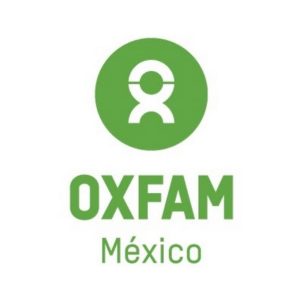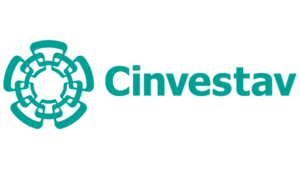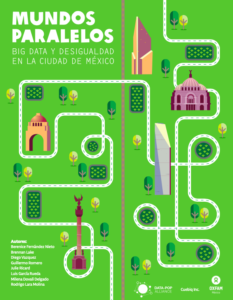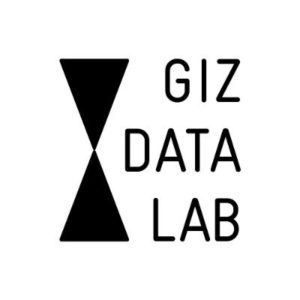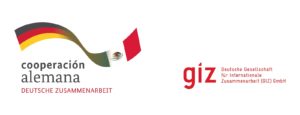Mexico
Overview
In 2015, homicide rates in Latin America and the Caribbean (LAC) were four times higher than the world average, making it the most violent region in the world. Mexico in particular ranks amongst the most violent countries in the region, as the levels of violence in the country peaked in 2017, registering more than 29,000 homicides. At the same time, income inequality has risen, and remains one of the country’s biggest societal challenges. The 2017 earthquake that hit the capital showed in particular the differential impact of shocks on different income groups. More recently, the COVID-19 pandemic appears to have exacerbated existing gender inequalities in the country. Every day, ten women are assassinated, and four months after the confinement measures started, the National Network of Shelters registered an increase of 81% in the number of people attended by the centers.
Against this backdrop and building on the unique breadth and depth of expertise of our work in the region, DPA is working to gain better insights into the complex relationship between crime and inequality in Mexico; inequality and spatial mobility, and gender based violence and its associated factors during and after the pandemic. The overall objective is to improve relevant policy decisions and contribute to a safer and fairer Mexican society.
Diagnose
Institutional Gender Assessment of Cinvestav
In partnership with the enter for Research and Advanced Studies of the National Polytechnic Institute (Cinvestav), this project aims to produce an analysis of the situation for women in an academic setting and the gender dynamics of the workplace in Cinvestav, a public institution with 10 research centers across Mexico. The goals of the project are: 1) to understand the impact that gender inequality has on the professional and educational lives of women that work or study in the institution; 2) propose recommendations and actions that contribute to the adoption of institutional policies with a gender perspective, and 3) promote gender equality within the community.
The project uses an iterative mixed-methods approach, with desk research and literature review, focus groups and an online survey to measure various gender indicators and obtain socio-demographic data on the working and student population. When concluded, a Final Report containing key insights and recommendations will be made available to the Cinvestav community. In addition, DPA will conduct a workshop with representatives from different populations groups to discuss key recommendations. This project was carried out between July and December 2021.
Mundos Paralelos: Big Data and Inequality in Mexico city
“Mundos Paralelos [Parallel Worlds]” was developed in 2020 by Oxfam México and Data-Pop Alliance to analyze inequality among the inhabitants of Mexico City from an spatial perspective, using human mobility data provided by Cuebiq’s Data for Good program. By analyzing how two distinct population groups –from opposite socioeconomic and geographical sectors of Mexico City– use and move across diverse spaces, the report takes a deep look into three particular dimensions of inequality: i) in the access to education, ii) in the right to the city, and iii) in the access to culture.
Note: In accordance to its privacy policy, Cuebiq does not collect data from minors. Therefore, the “stays” reported in primary schools were inferred based on the activity of visitors that could potentially be parents, teachers, administrative personnel, etc.


Understanding the impact of crime shocks on individuals’ behaviors
Statistics on the direct human and material costs of crime phenomena exist (e.g.: death tolls of crime waves). However, the disruption and recovery dynamics of daily routines of local communities — such as disruption of mobility patterns and economic activity — has yet to be systematically analyzed.
With initial funding from the French Development Agency, DPA started a research line focused on the quantification, at a fine-grain and large scale, of the disruption and recovery dynamics induced by crime across population subgroups. As a result of the first research phase, DPA released the paper “Impact of Crime Shocks Across Gender and Socioeconomic Groups: A Large-Scale Mapping of Behavioral Disruption”. The paper was selected to be showcased at the 2018 Data For Good Exchange, organized by Bloomberg in NYC.
Mobilize
"Big Data, Digital Economy, and Sustainable Development"
In October, 2017, Data-Pop Alliance conducted a training in conjunction with the UN Economic Commission for Latin America and the Caribbean (ECLAC) in Mexico City. Over three days the more than 40 participants learned to develop and implement Big Data innovation projects, policies, and partnerships in support of sustainable development objectives. Click the button to learn more about this workshop.
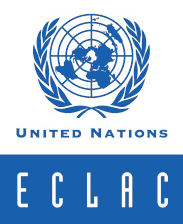
Transform
Pilot: Risk model to identify domestic violence hotspots in Mexico

DataMex is a collaborative project between Data-Pop Alliance and Oxfam Mexico, officially launched in September 2018, with the objective of influencing the data ecosystem within the framework of the SDGs and 2030 Agenda. The project seeks to develop and enhance data use (big data, small data, open data, official data) to better inform and evaluate public policy in Mexico, with a focus on socioeconomic and gender inequalities, and (in)security.
The most recent outcome from this partnership, is the report “Mundos Paralelos” (See above).
